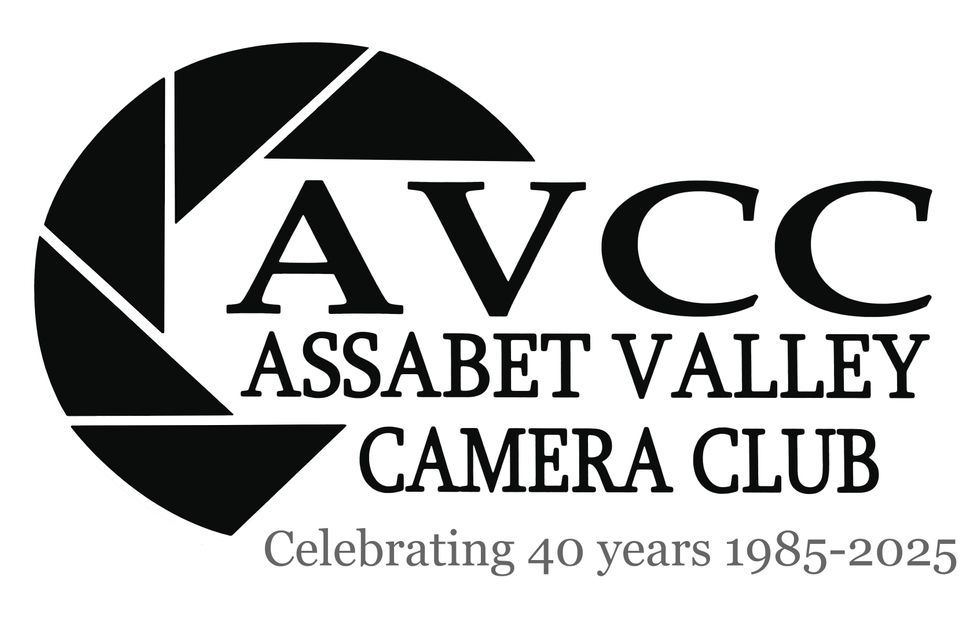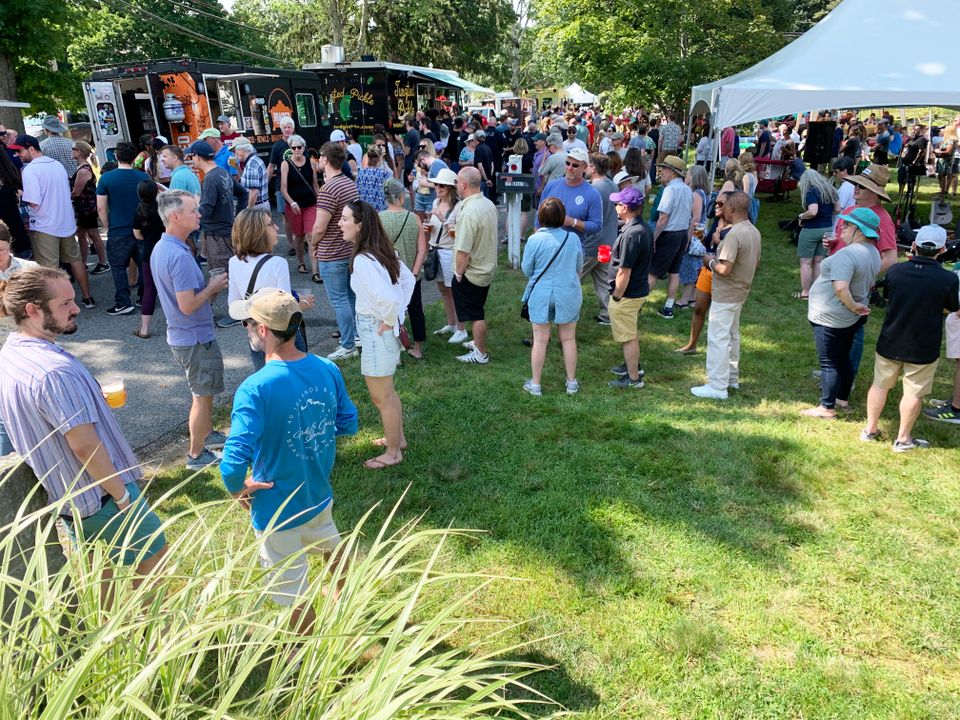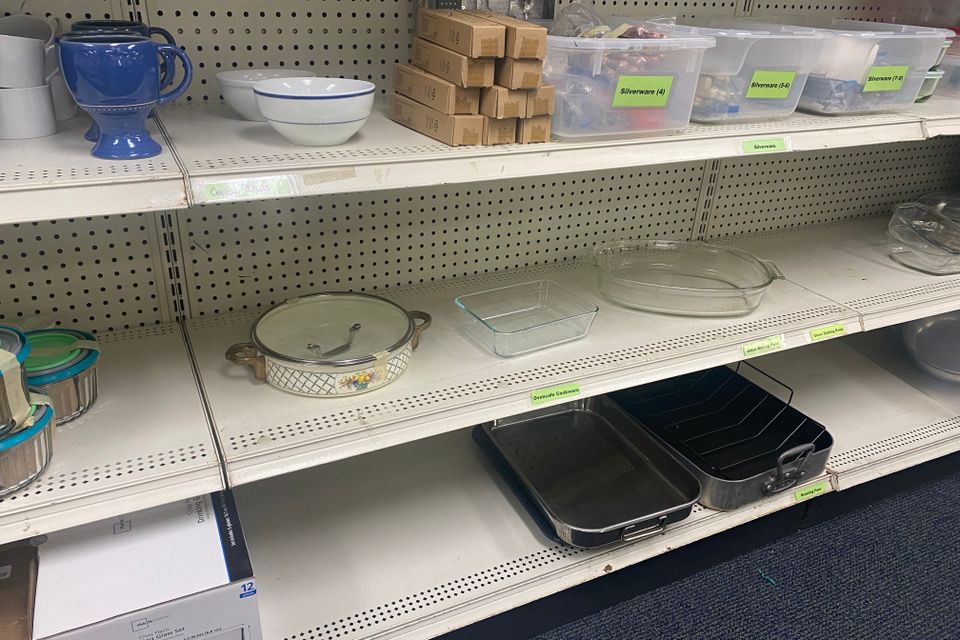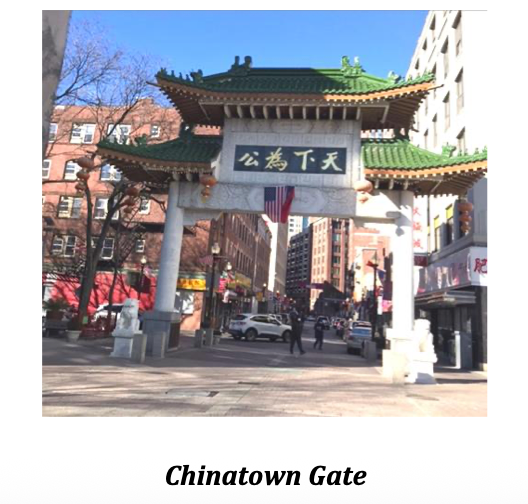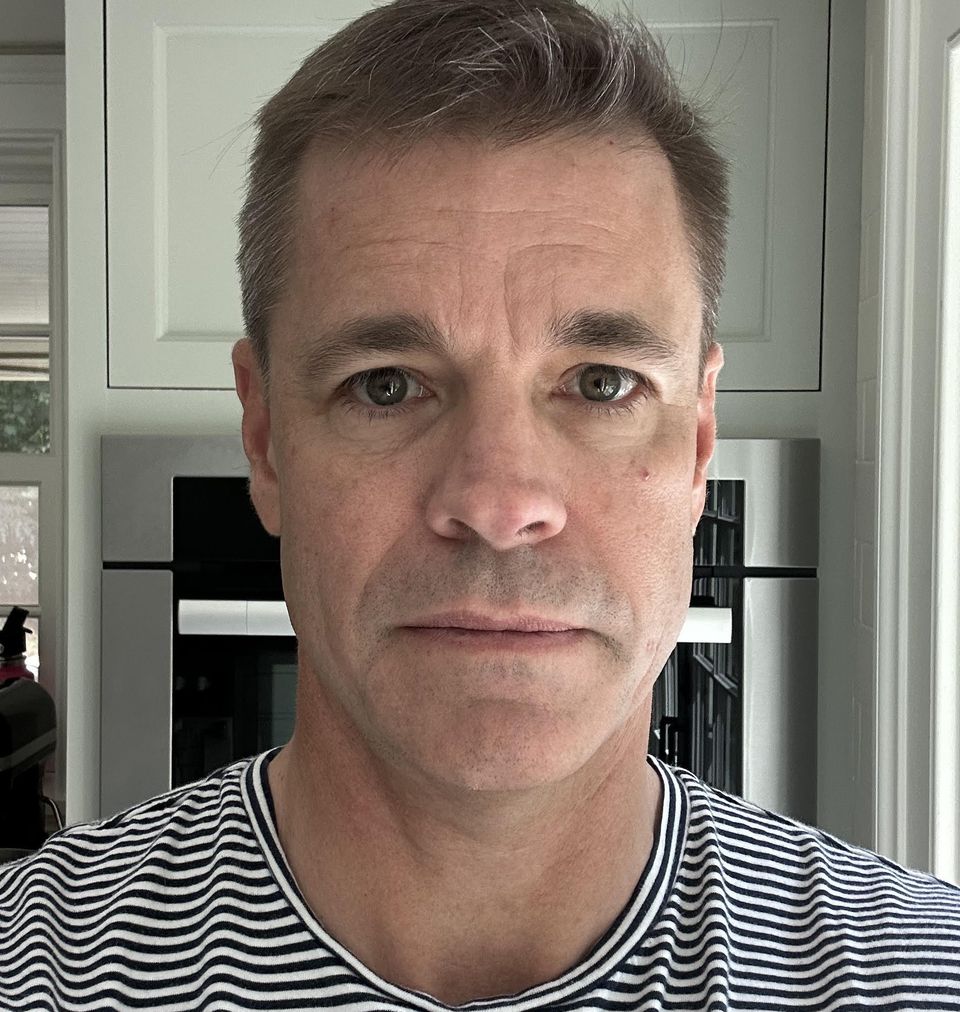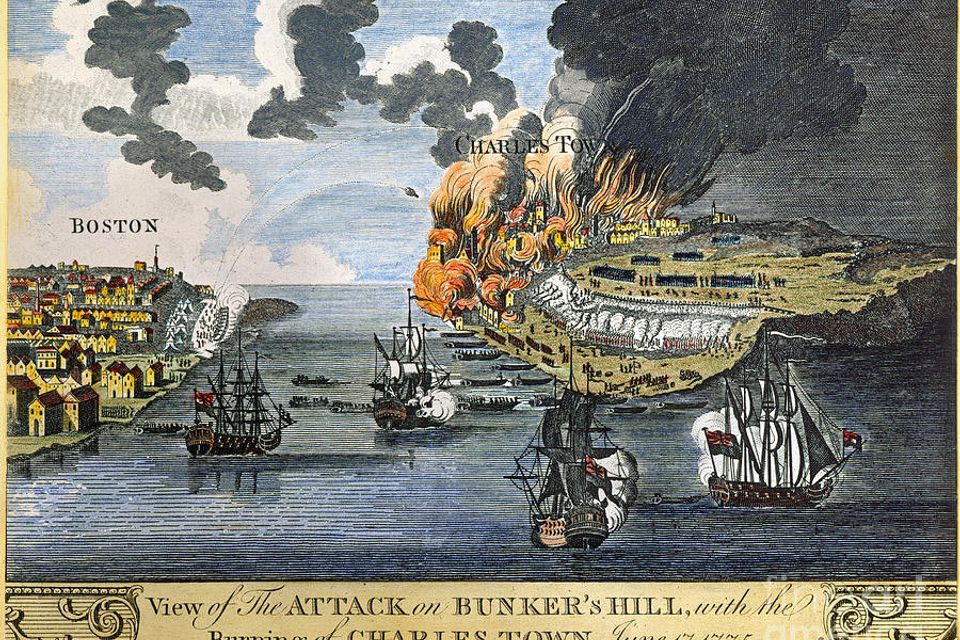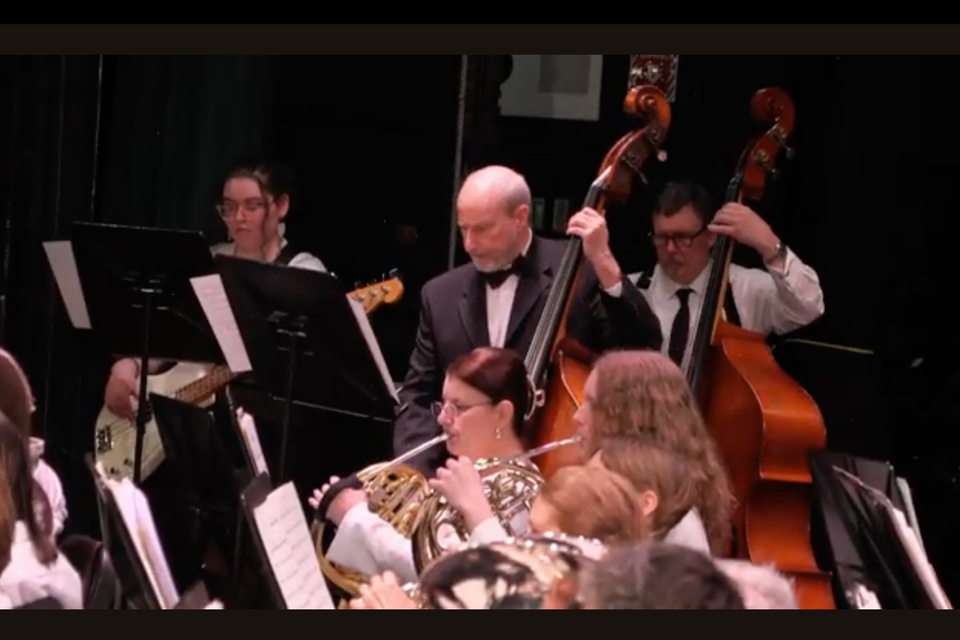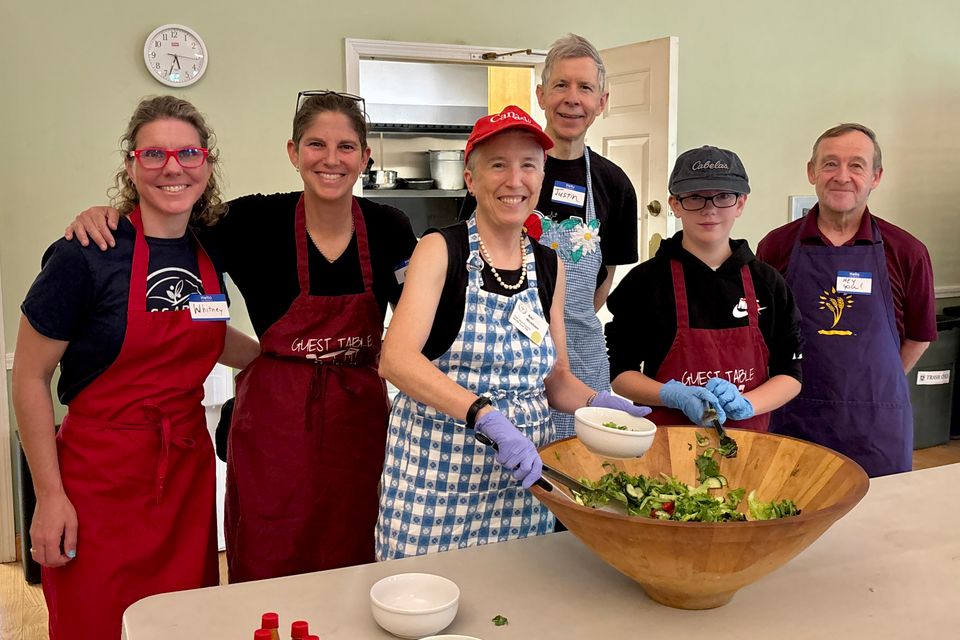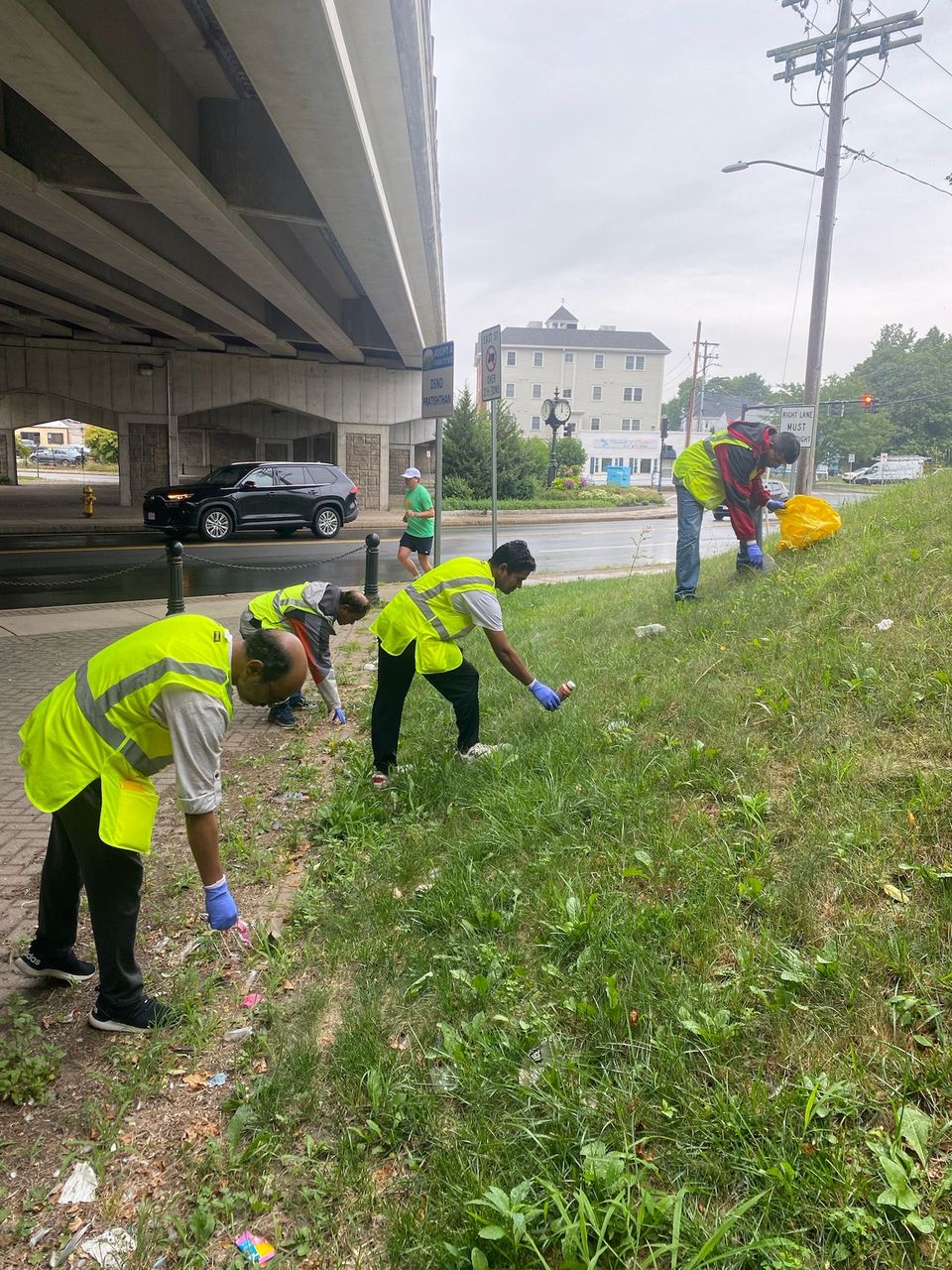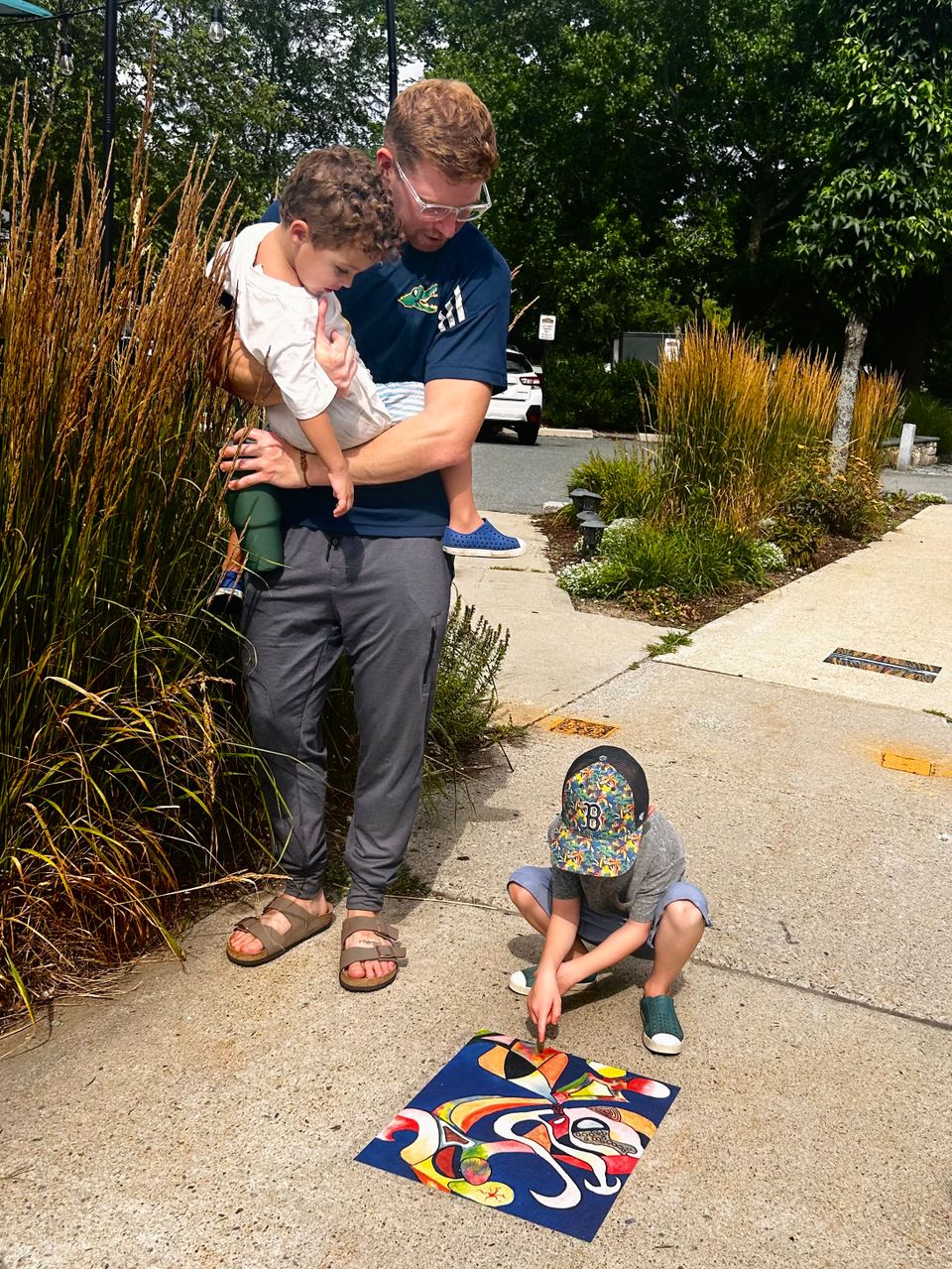Acton COA Events
The Council on Aging at the Human Services & Senior Center is located at 30 Sudbury Rd, Rear.
Telephone: 978-929-6652
Email: seniorcenter@actonma.gov
Website: www.actoncoa.com/
Facebook: www.facebook.com/actoncoa
Opening Hours:
Monday: 8:00am-4:00pm
Tuesday: 8:00am-6:00pm
Wednesday & Thursday: 8:00am-4:00pm
Friday: 8:00am-12noon
Monday Movie Matinee
The Four Seasons
August 18th, 1:00-2:50pm
(1981, PG) Witty character study of three middle-aged couples who happily vacation together until a divorce upsets the group dynamic. Written and directed by Alan Alda who also stars in the film along with Carol Burnett, Rita Moreno, Len Cariou, Sandy Dennis, and Jack Weston.
Telephone: 978-929-6652
Email: seniorcenter@actonma.gov
Website: www.actoncoa.com/
Facebook: www.facebook.com/actoncoa
Opening Hours:
Monday: 8:00am-4:00pm
Tuesday: 8:00am-6:00pm
Wednesday & Thursday: 8:00am-4:00pm
Friday: 8:00am-12noon
Monday Movie Matinee
The Four Seasons
August 18th, 1:00-2:50pm
(1981, PG) Witty character study of three middle-aged couples who happily vacation together until a divorce upsets the group dynamic. Written and directed by Alan Alda who also stars in the film along with Carol Burnett, Rita Moreno, Len Cariou, Sandy Dennis, and Jack Weston.
Tech Assistance with Matt
Tuesday, August 19th 10:00am-12noon
Open to all 60+/free
Tuesday, August 19th 10:00am-12noon
Open to all 60+/free
AB student Matt will be here to assist you with any of your tech needs or questions. No appointment necessary; just stop by and see him in the lounge.
Acupuncture & Chronic Pain Presentation and Sample Treatments
Tuesday, August 19th, Presentation 1:00-1:20pm;
Sample Treatment Appointments 1:30-2:35pm
Open to all 60+/free
Tuesday, August 19th, Presentation 1:00-1:20pm;
Sample Treatment Appointments 1:30-2:35pm
Open to all 60+/free
Dr. Emilie Gerber-Kunicka of Ascend Acupuncture & Wellness of Acton will give a brief informational presentation on what acupuncture is, what it can treat, what treatment entails, as well as acupressure points one can use to support longevity, pain management, and well-being. Following the talk, Emilie will offer sample acupuncture treatments; allow about 30 minutes for your appointment. Calling the COA in advance for an appointment at 978-929-6652 is required, but please just drop in for the presentation.
Ask the Realtor® Appointments with Heather Murphy
Wednesday, August 20th, 1:00-2:15pm
Open to all 60+/free
Wednesday, August 20th, 1:00-2:15pm
Open to all 60+/free
Wondering about the current real estate market, rates or which renovations are worth doing prior to selling? Are you simply looking for good, reliable tradespeople? Heather Murphy, Realtor® with Keller Williams Realty will be hosting office hours at the Senior Center. Please call the Council on Aging to sign up for a 15-minute one-on-one meeting.
Laugh for Your Health with Susan Phillips
Laugh for Your Health with Susan Phillips
Thursdays, 11:00am-12:00noon
Open to all 60+/free
Open to all 60+/free
Laughter is an instant vacation! Come join us as we do easy and fun seated laughter exercises to shift our mood, relieve stress, relax our whole body, positively connect with others, and infuse our whole being with joy! In this interactive program, we learn how to generate our own laughter without relying on jokes. This worldwide practice is called Laughter Yoga, but there are no mats or yoga poses. We add yoga breaths, which are deep belly breaths, for soothing breaks between exercises. Come enjoy all the health benefits the power of giggles has to offer and leave feeling relaxed and refreshed! Funded by an Executive Office of Aging & Independence grant. Susan Phillips, M.Ed. is an Integrative Health Coach and Laughter Yoga Teacher. Her workshops promote laughter as a tool to build joy, resilience, connection, and collaboration.
Coffee and Conversation with Tracy Woods
Coffee and Conversation with Tracy Woods
Fridays, ongoing, 10:00-11:00am
Open to all/free
Open to all/free
Join Tracy Woods for a weekly coffee and conversation group where you can talk about what’s on your mind with your peers. Group is ongoing and new participants are welcome. Tracy Woods is a certified Older Adult Peer Specialist. All are welcome to this joint venture between the Acton Council on Aging and the Northeast Independent Living Program.

